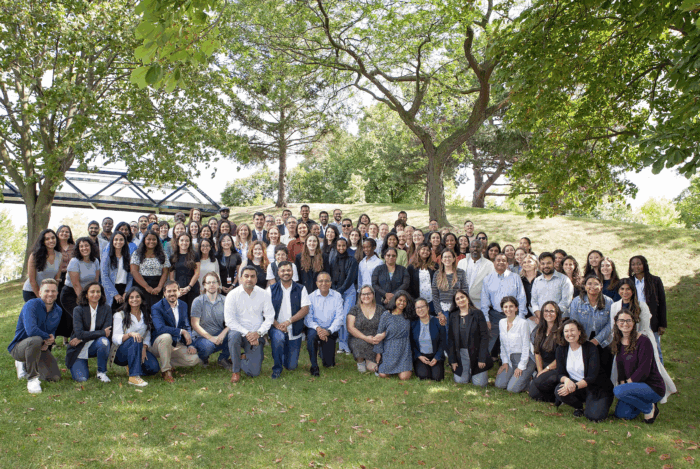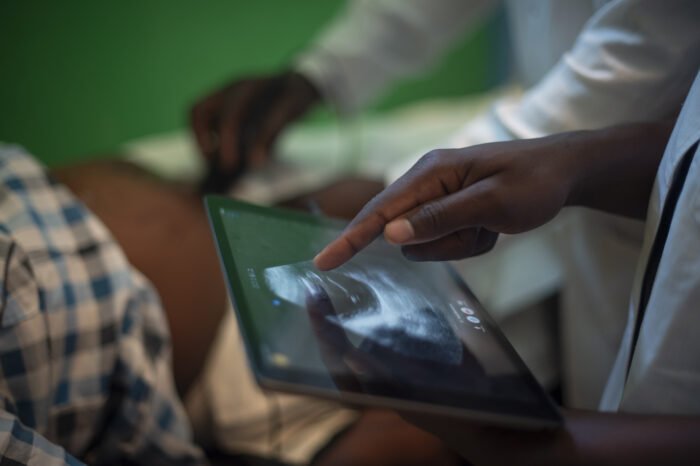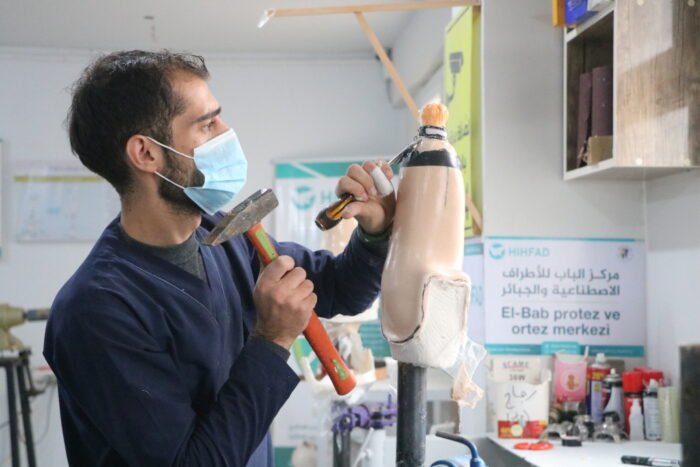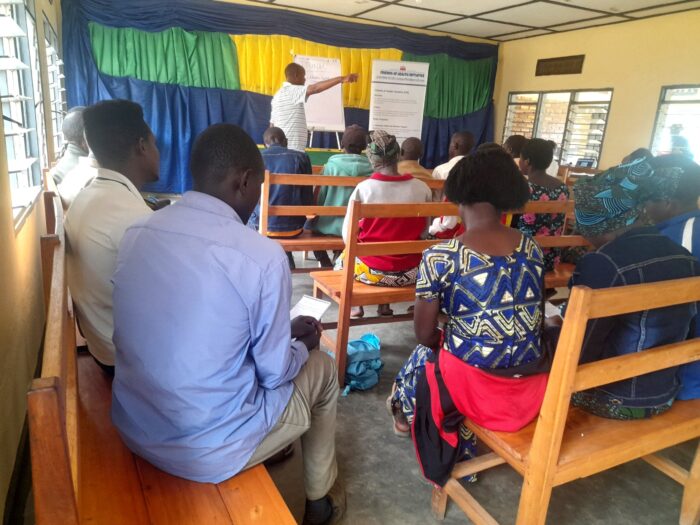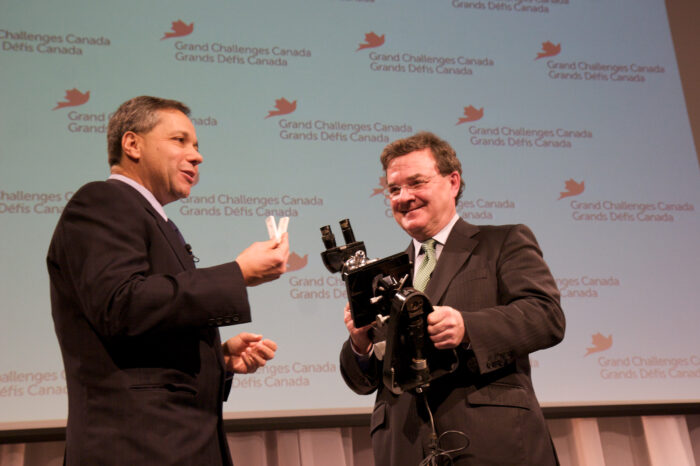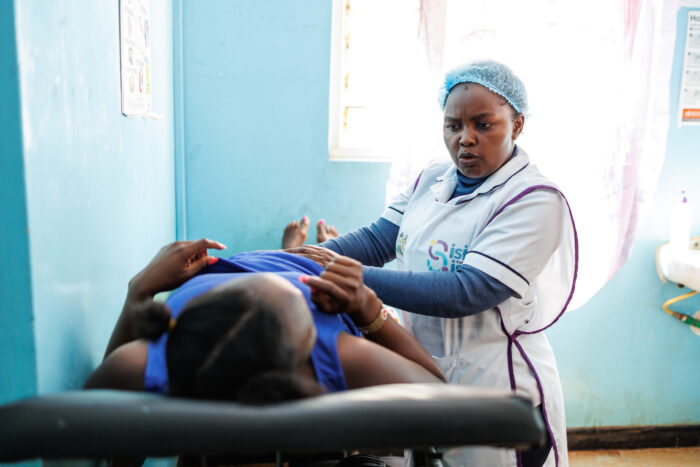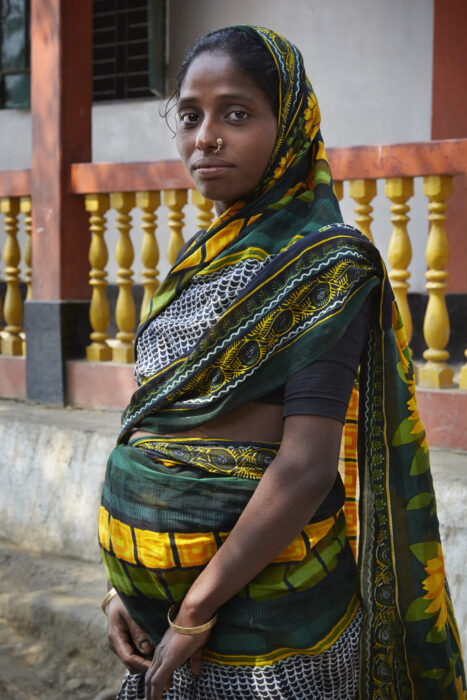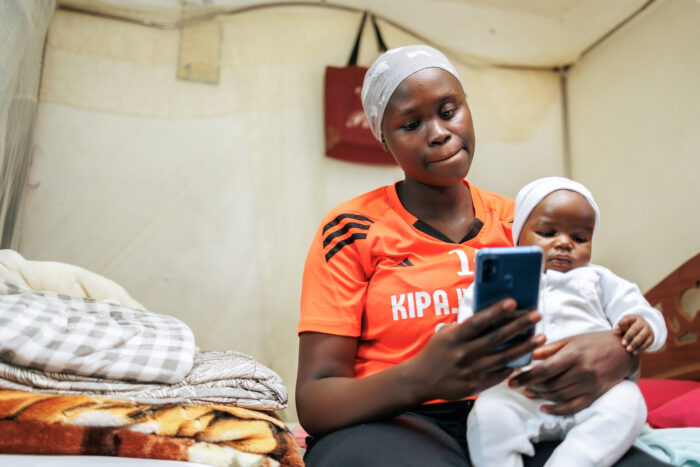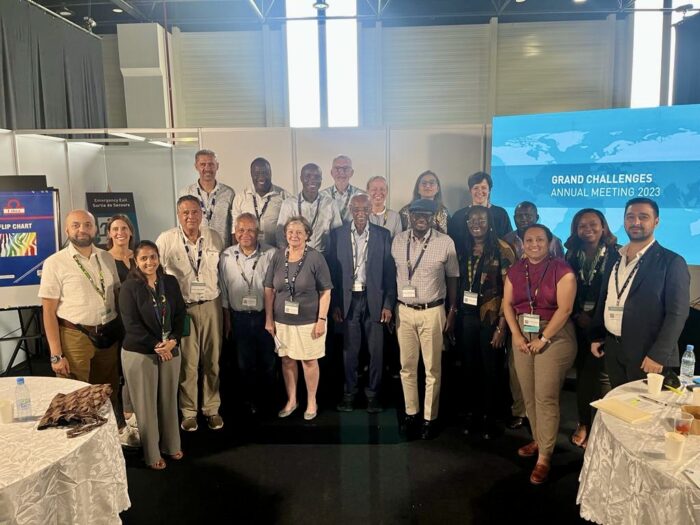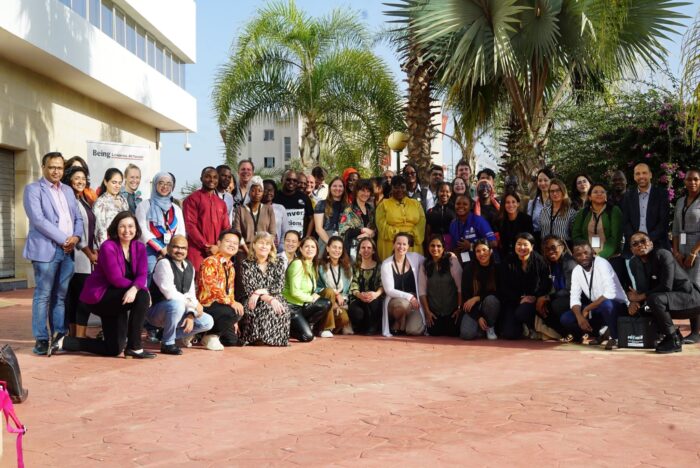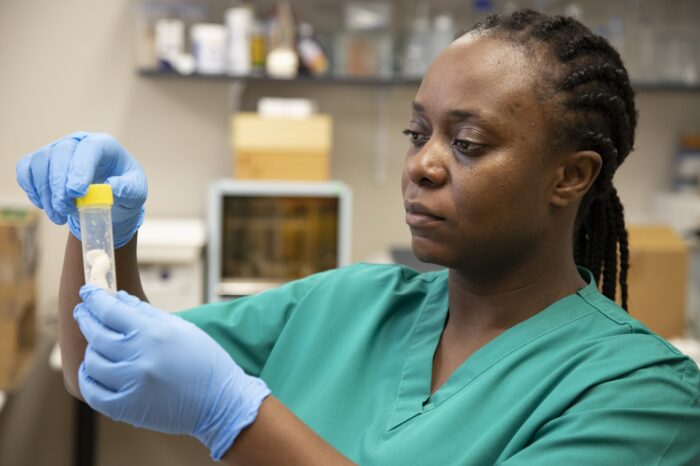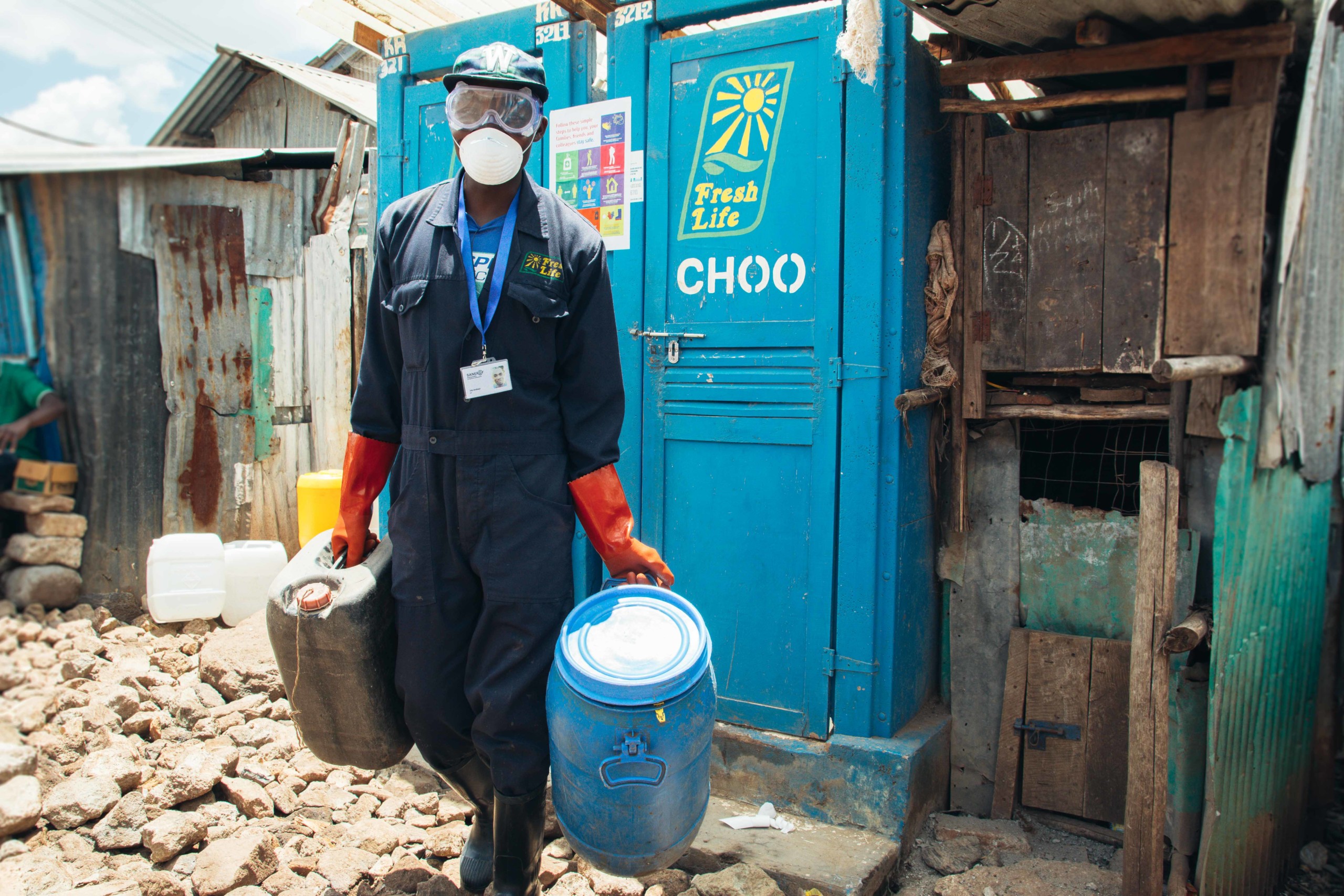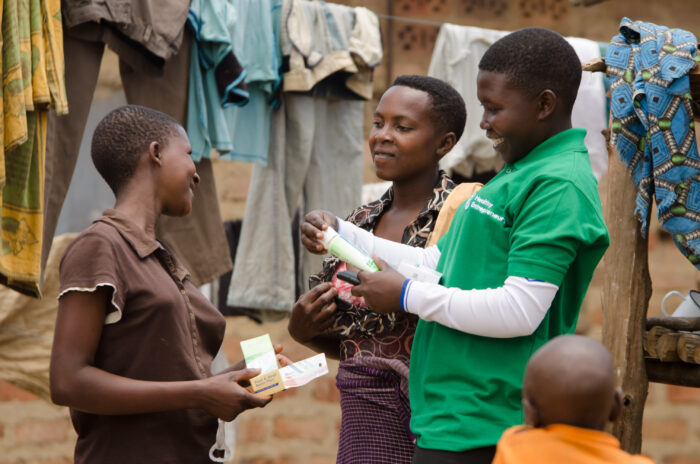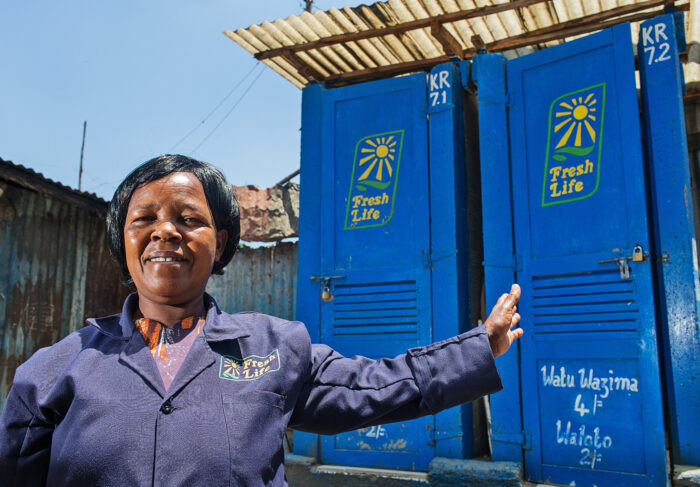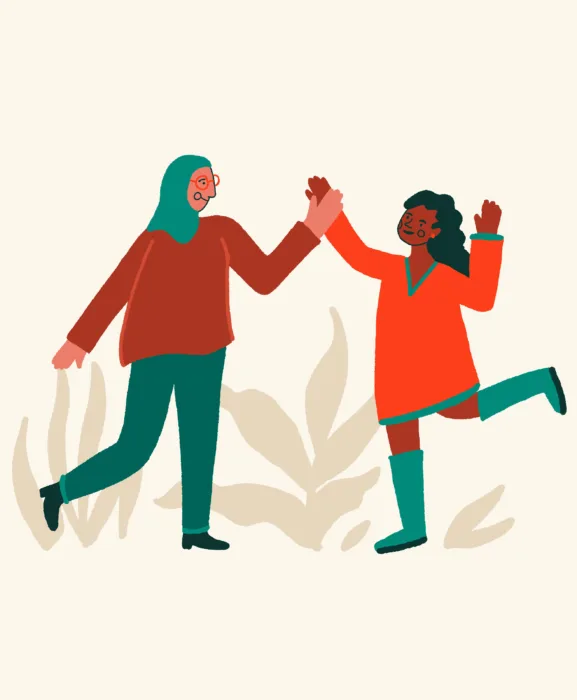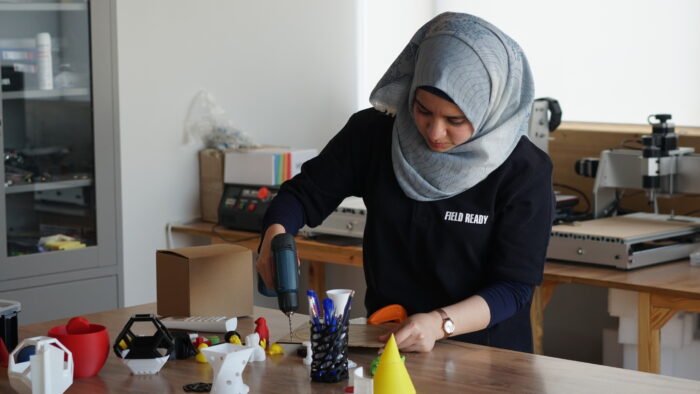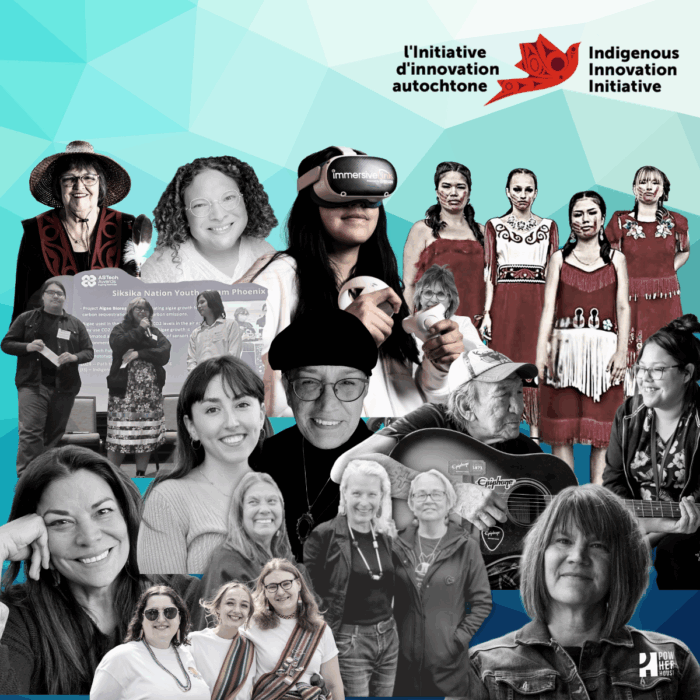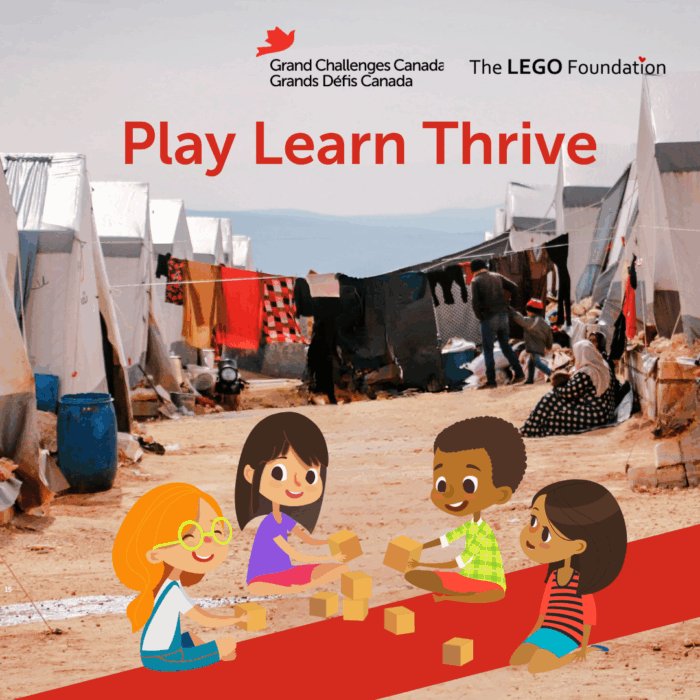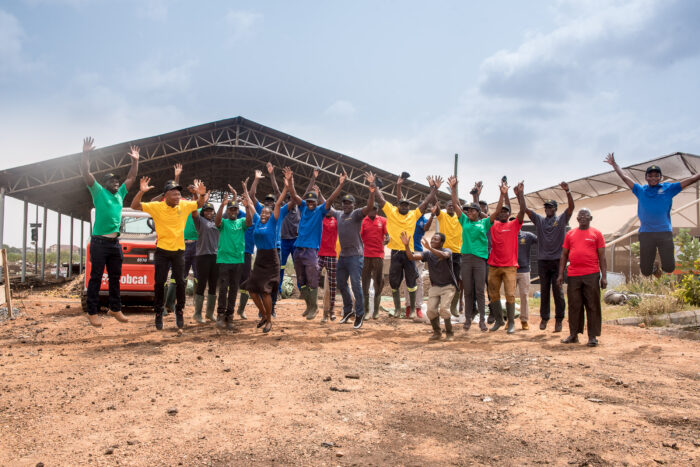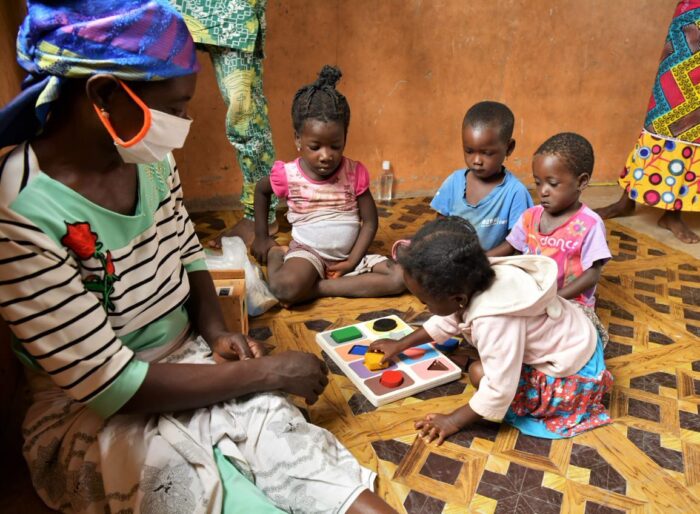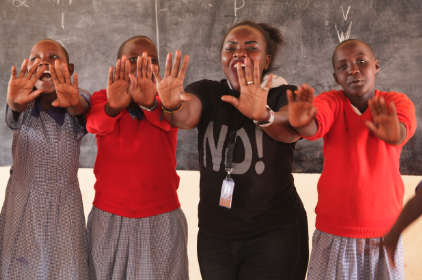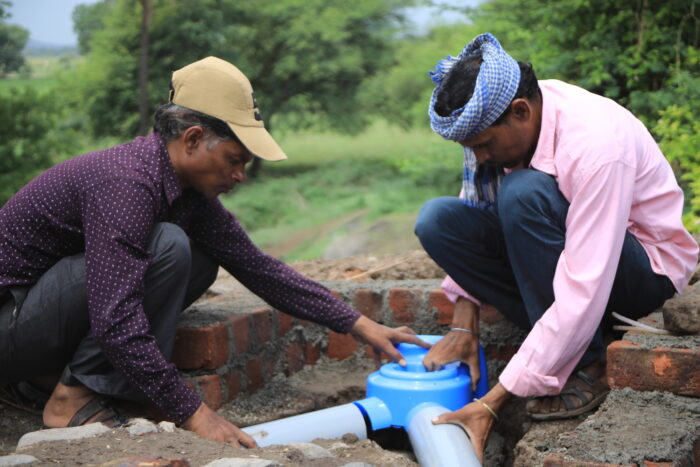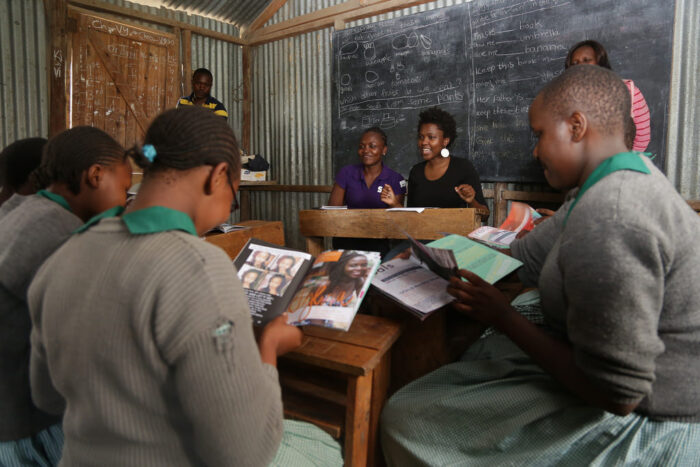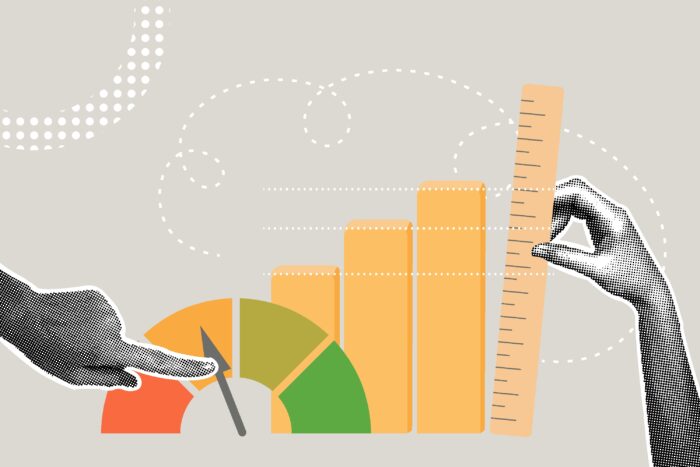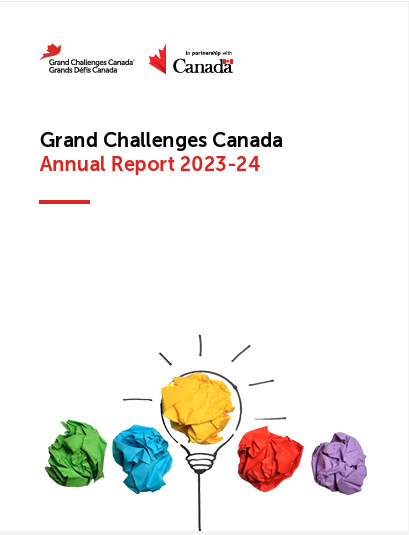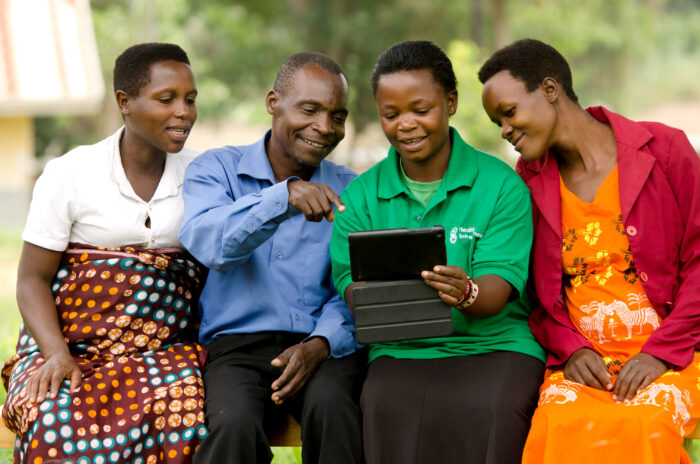By: Nicole Bardikoff and Nicole Toole, members of the Grand Challenges Canada Global Mental Health team

Only about 0.1% of global development assistance for health is targeted towards youth mental health. This figure illustrates the dearth of youth mental health funding, of particular importance considering that 75% of mental health challenges are established by 25, and 80% of people living with mental health challenges reside in low- and middle-income countries.
In many contexts, mental health services tend to be adult-centred and focus on diagnosis and treatment through medication for symptom reduction. As a result, the unique need of young people and the social determinants of health are often overlooked or excluded, such as, poverty, income, housing, education, and discrimination.
The absence of mental health literacy education and youth-friendly mental health services further magnifies the mental health burden for young people. It is critical that these services account for the complex social and environmental factors contributing to young people’s mental health and wellbeing.
The COVID-19 pandemic, lockdowns, and social isolation have brought to light the existing gaps in mental health service delivery and further underlined the need for more comprehensive services, supports, and infrastructure.
Early intervention and mental health literacy are essential in providing young people with the supports, resources, and skills to help alleviate the mental health burden seen in adulthood. Mental health literacy, specifically, helps to destigmatize and provide individuals with the tools to identify and better understand their own mental health – encouraging help-seeking behaviours and improved mental health outcomes. While youth-friendly services help to better reach youth and meet their unique needs by offering a context-friendly approach to mental health.
There are many ways to support early intervention for youth. Youth-friendly interventions can be focused on prevention and promotion through digital platforms, sports, and peer-to-peer programs; service delivery through arts and games, and task shifting to community health workers; and health system strengthening and integration.
Regardless of the approach, young people must play a fundamental role in the design and development of mental health interventions. These interventions need to be centred on young people, their voices, and their needs. The Global Mental Health program at Grand Challenges Canada aims to do exactly that, by supporting youth mental health innovations that are youth-led and engage young people with lived experiences from the outset.
Slum and Rural Health Initiative’s “BRAVE Heart” is one of eighteen proof of concept innovations supported by Grand Challenges Canada, focusing on youth mental health in low- and middle-income countries. BRAVE Heart is a youth-led innovation that uses a task-shifting model to address the mental health needs of youth in internally displaced peoples (IDP) camps in Nigeria.
Teachers and youth leaders are trained by mental health professionals to identify and manage common mental health disorders using evidence-based strategies. The trained community members provide group-based and interpersonal mental health literacy and psychosocial support to youth in the camps who are experiencing post-trauma stress disorder, anxiety, and depression. BRAVE Heart aims to increase mental health literacy and symptom reduction while also supporting capacity-building and leadership opportunities for youth.
Such youth-focused interventions are essential in addressing mental health challenges, supporting social connectedness, cultural belonging, emotional wellbeing, educational opportunities, and economic resources – supporting the overall improvement of individual and community health.
Support for mental health in low- and middle-income countries, particularly youth mental health, consistently lags behind other health priorities, enduring a lack of resources, trained professionals, and mental health literacy, limiting access to evidence-based, supportive solutions.
To date, the Global Mental Health program is one of the largest portfolios of global mental health innovations in the world, investing over $57 million CAD to support 124 projects in 43 countries.
On October 6, the program will be launching a call for youth mental health innovations. Seed grants of up to $250,000 CAD will be available for new ideas that have the potential to transform mental health services available for youth, ages 10 to 24, in low- and middle-income countries.
Applications should be culturally sensitive, community-driven, and propose an innovative approach to enhance mental health literacy and/or provide youth-friendly services that account for the complex social and environmental factors contributing to young people’s mental health and wellbeing. Importantly, these solutions must take a person-centred, rights-based approach and engage young people with lived experiences and stakeholders from the outset. Youth-led organizations will be prioritized.
Subscribe to the Global Mental Health mailing list to be the first to hear when this funding opportunity opens, along with other program announcements and updates!
The Global Mental Health program aim is to seed and transition to scale high impact innovations that support the mental health needs of underserved individuals, in particular young people, in low-and middle-income countries. Seeking transformational, affordable, and accessible innovations that have the potential to be sustainable at a larger scale.
Learn more about the Global Mental Health program visit, https://www.grandchallenges.ca/programs/global-mental-health/
The Global Mental Health program is funded by the United Kingdom’s Department of Health and Social Care using UK Aid through the National Institute for Health Research, and Global Affairs Canada.
![]()

